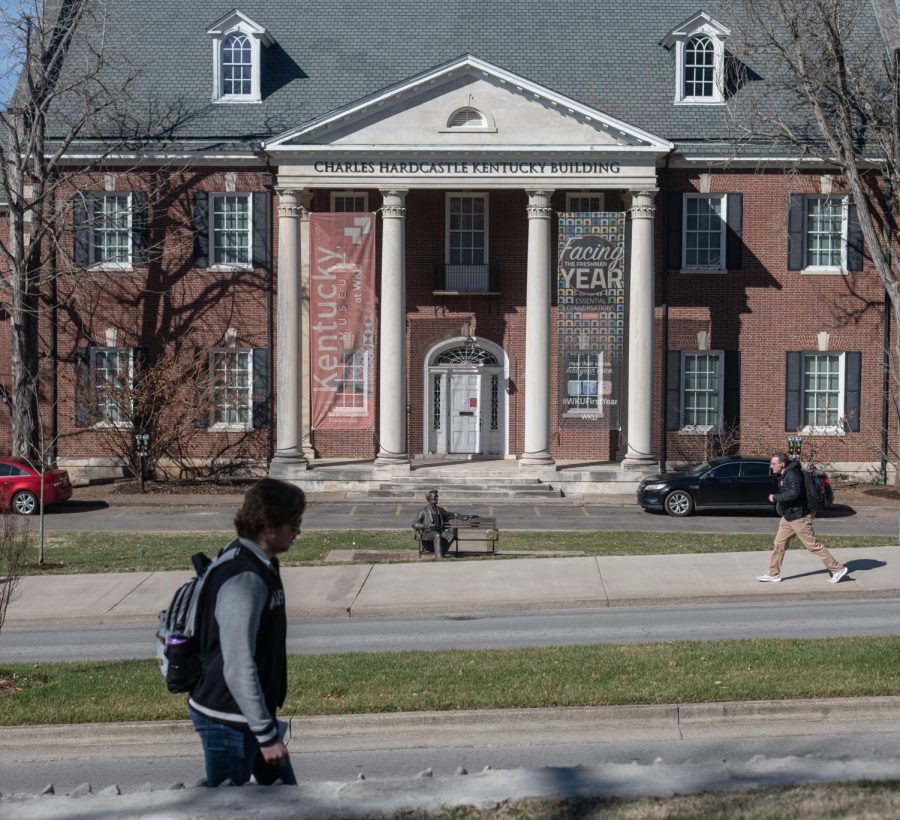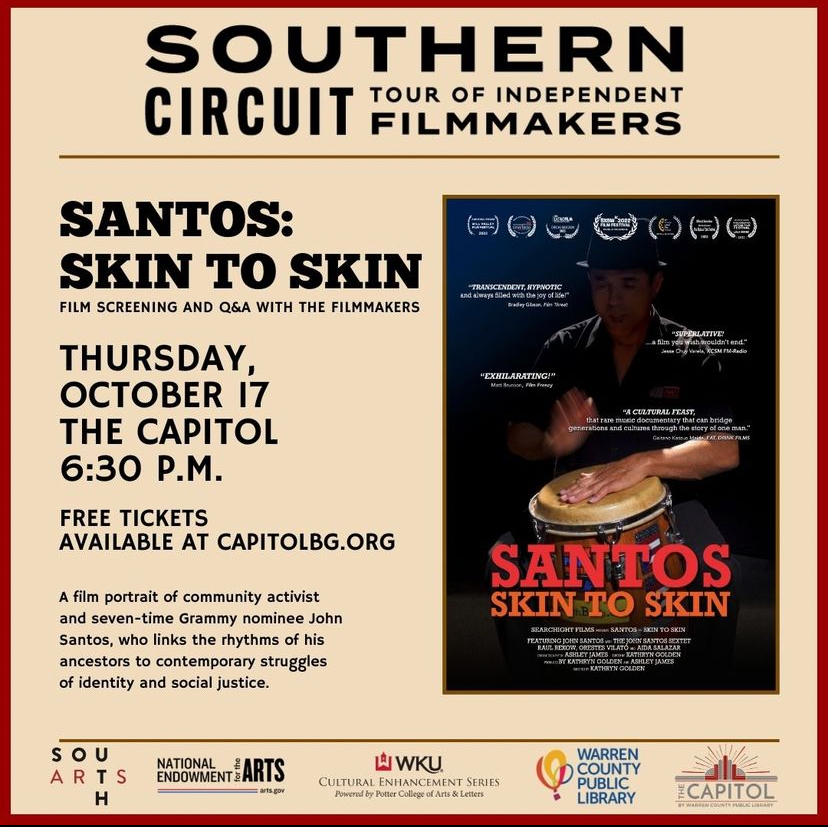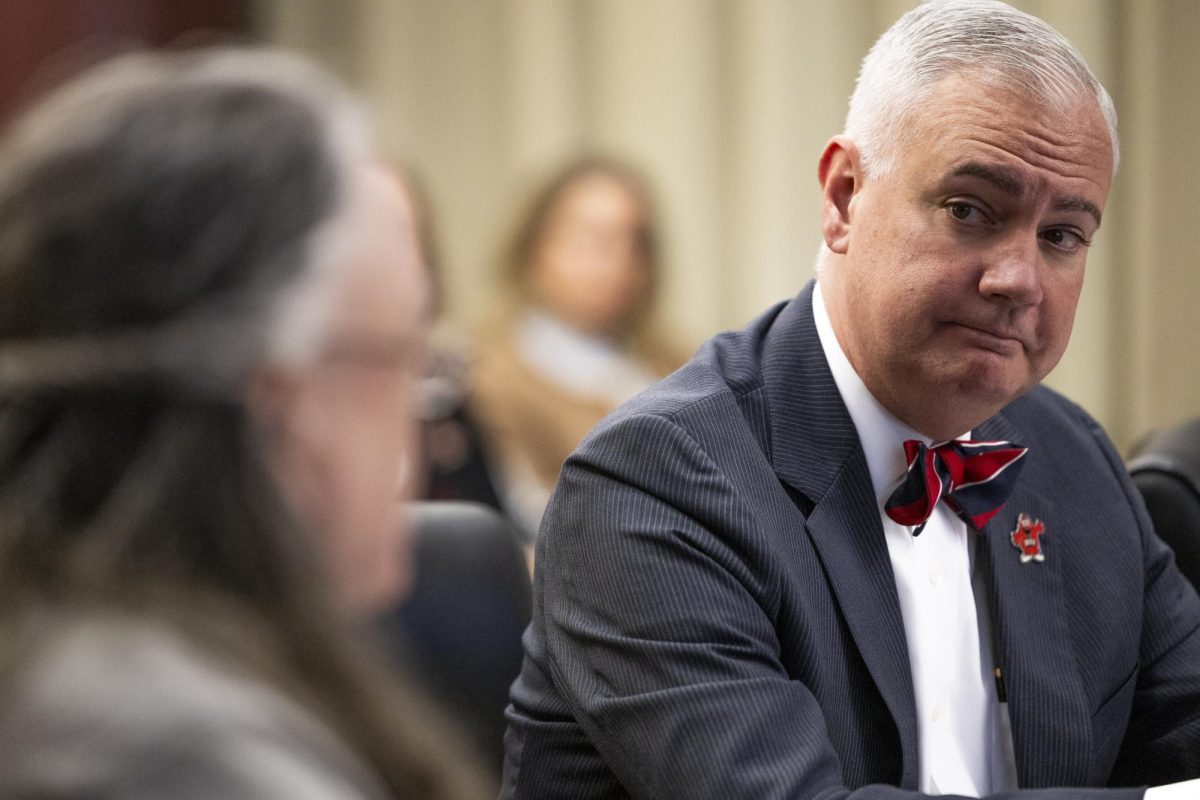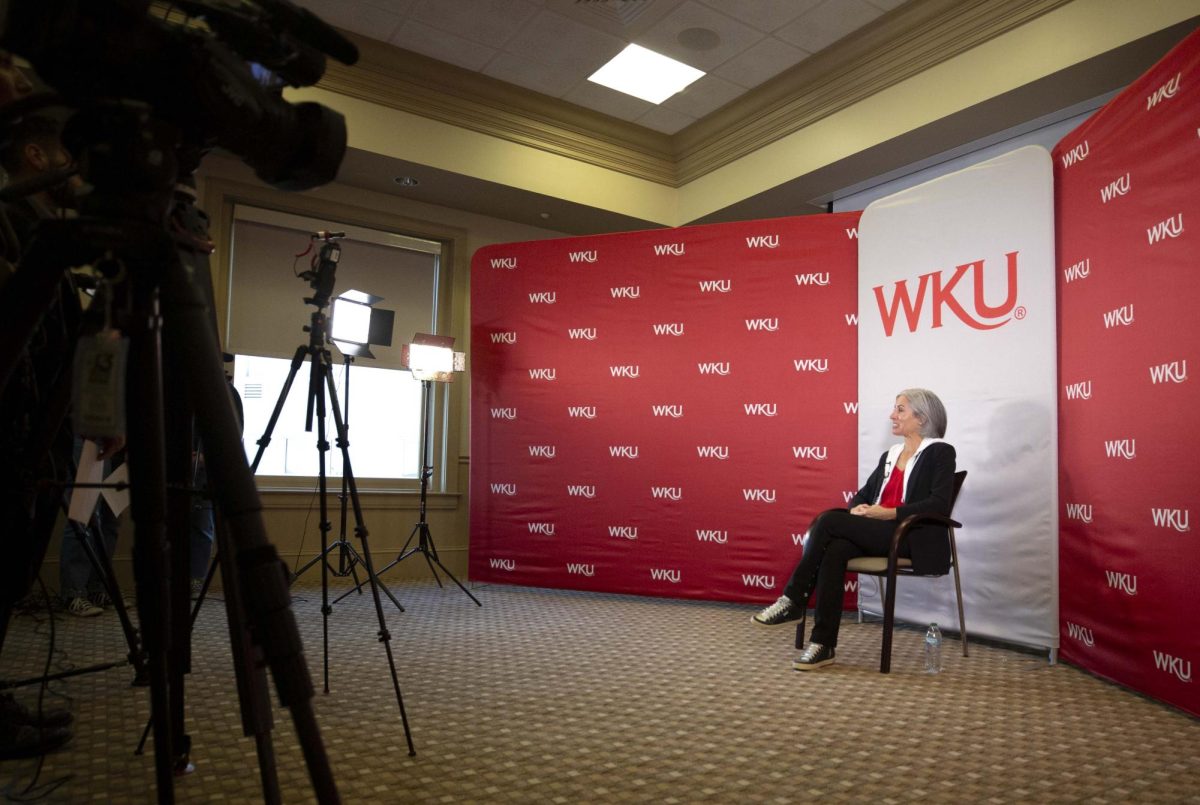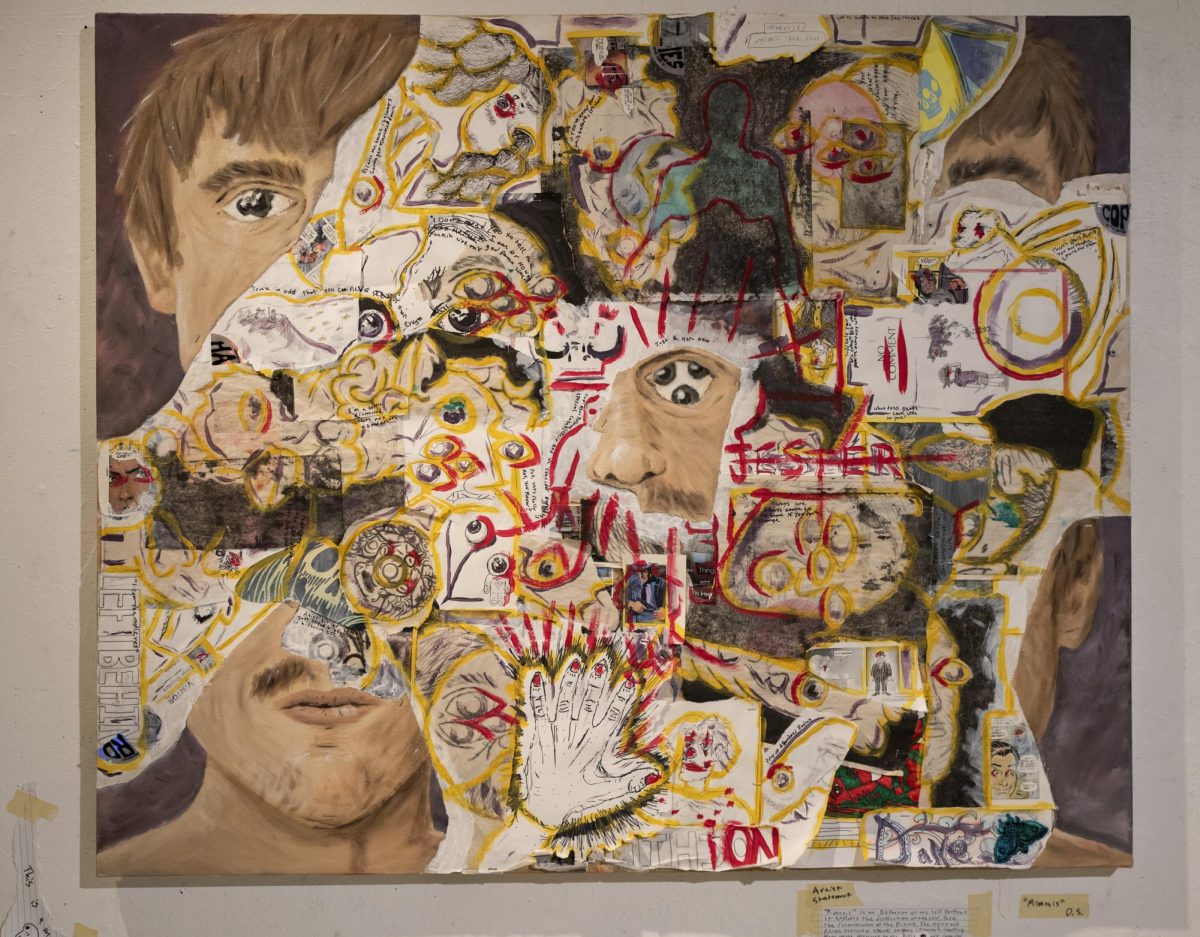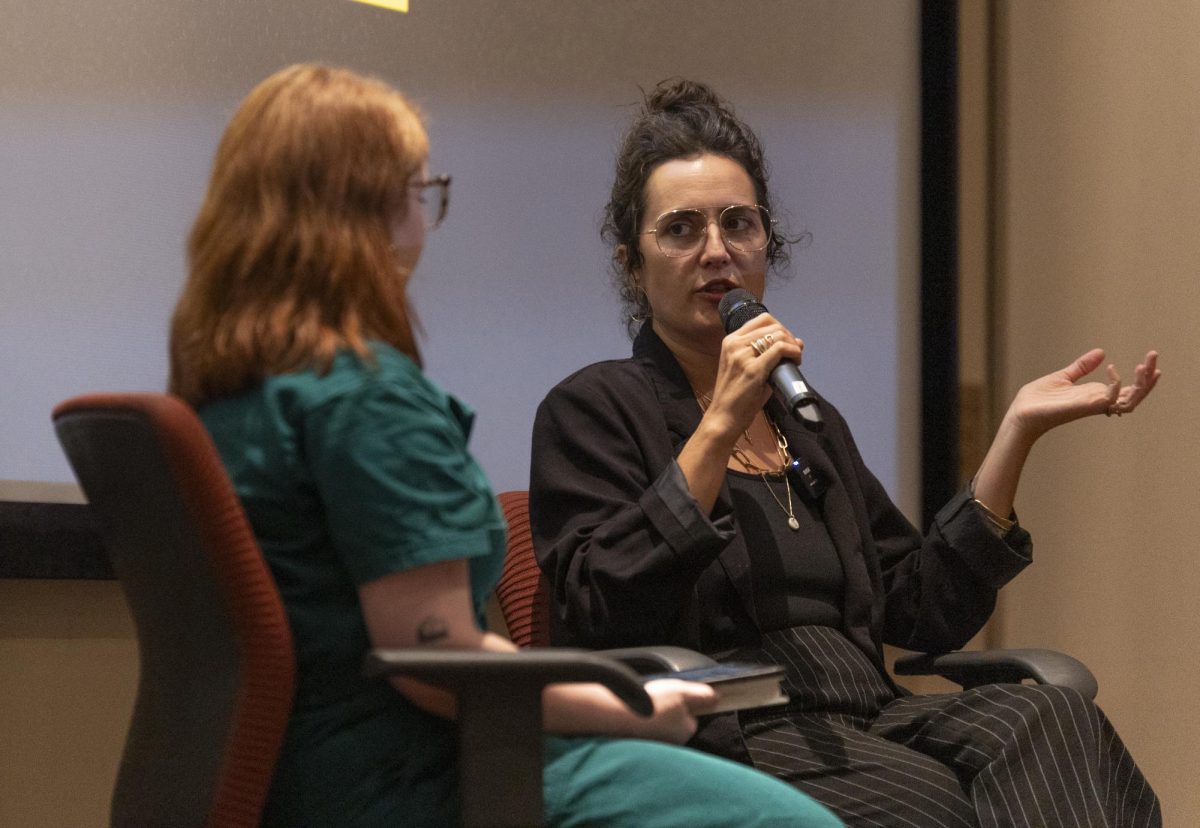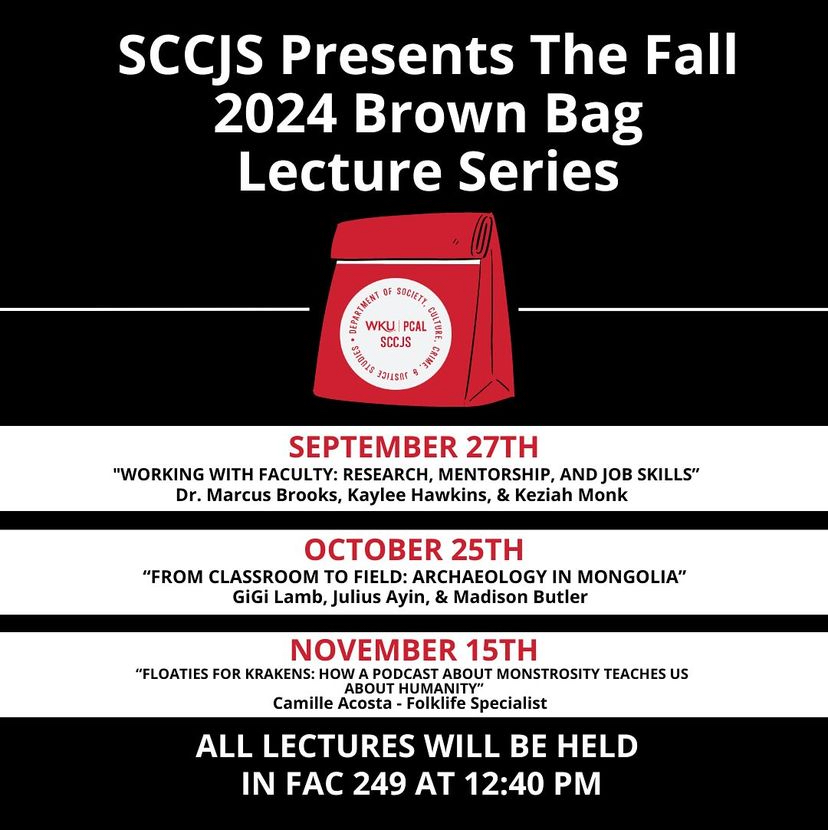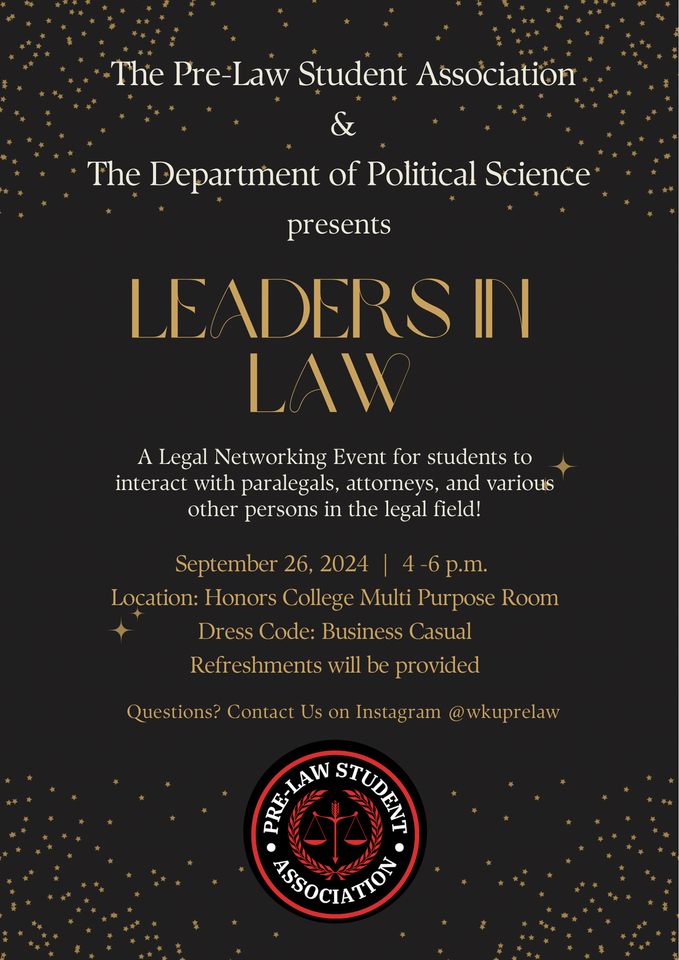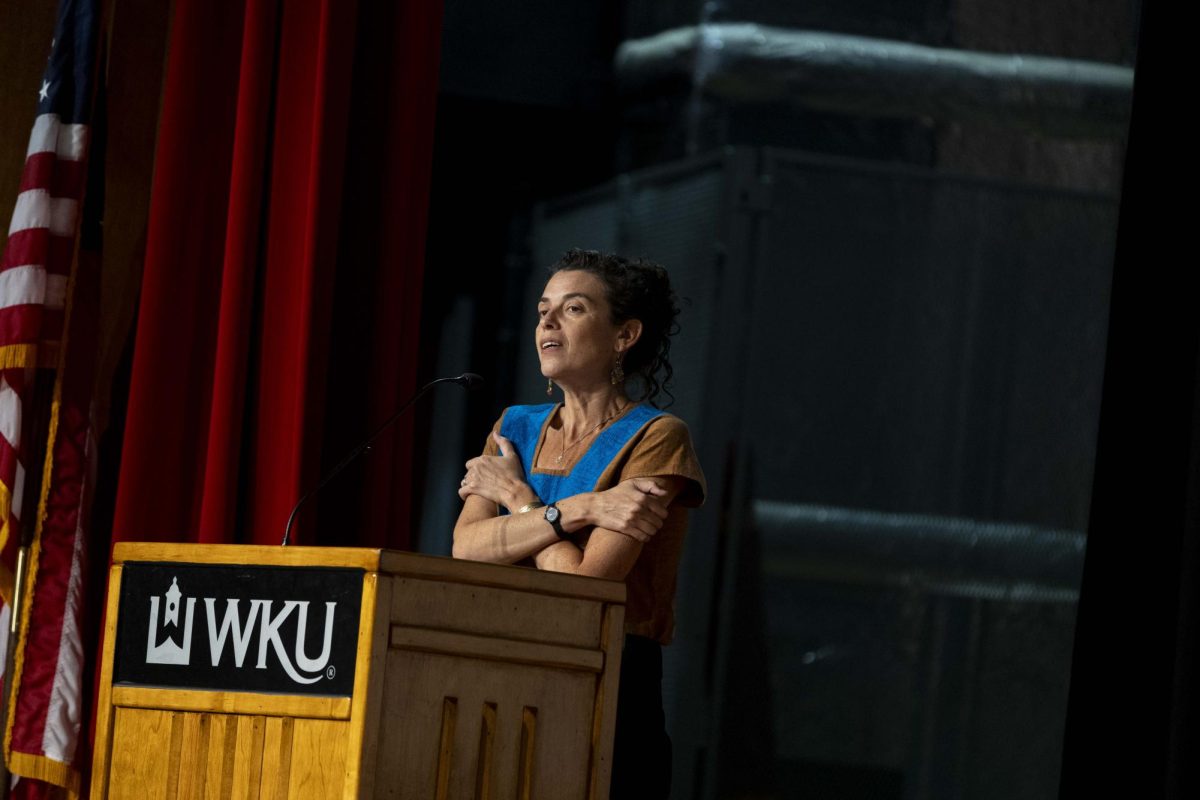The Kentucky Museum hosted four history professors, David Lee, Kate Brown, Jennifer Walton-Hanley and Marko Dumančić, to discuss how history used to be taught and how it will look in the future.
This event was in regards to America 250, a countdown to the 250th Anniversary of the Declaration of Independence in 2026. This panel helps Americans understand the events and people who helped get our country to where it is today.
“You can not understand America today if you do not understand America 50 years ago, 100 years ago,” Christy Spurlock, associate professor and education curator of the Kentucky Museum, said.
Students, high school teachers, as well as other professors from WKU gathered to hear the different answers each professor gave, many explaining how their background and circumstances led them to have these conceptions.
Spurlock began by asking questions on how history had been taught back when the professors were in secondary schooling.
“The focus of the discipline was barely beginning to change; most of my classes were around a time period, very few had a topical dimension to it,” Lee said.
Lee continued discussing how his class’s curriculum was solely based on a specific time period, never learning about other perspectives. The discussion continued with answers to how history is being taught in today’s world.
Brown explained that although she herself has never taught in the K-12 system, she meets with K-12 teachers each summer and has heard their challenges in today’s school systems.
“History is taught based on state standards, we just don’t have a lot of wiggle room to go off course or to steer the historical conversation …” Brown said.
Current American historical literacy was brought to the conversation. Dumančić explained the challenges he has faced when learning about persecution, genocides and other profound historical events.
“When you go to the Museum of Native Americans the word genocide is no where mentioned, there is a Trail of Tears but the ultimate effect of America colonialism on these people is never discussed … I just think that the system is set up in a way for Americans not to have a good experience to have high literacy.” Dumančić said.
The professors deliberated on the upsetting truths of the effect American colonialism has on Americans and how it has influenced the teachings of history. Lee expressed his opinions on how Americans view the past and how perceptions of the past affect our visions of the future.
“There is, out there, an idea of American exceptionalism that history doesn’t apply to us somehow and that we have escaped it, that we are beyond it, and our story is a success story which will ultimately have a happy ending,” Lee said.
Daren Bowen is a history teacher at Warren Central High School in Bowling Green who attended the panel. He explained how having discussions like this and hearing the views of history through others’ perspectives creates new conversation and ideas.
“Be knowledgeable in history,” Bowen said. “What makes America, America?”
He expresseding his views on how vital history is and how students should have a clear understanding of our past.
“Life is hard, and life is harder if you are not educated,” Bowen said.
News reporter Carrington Coppinger can be reached at [email protected].

